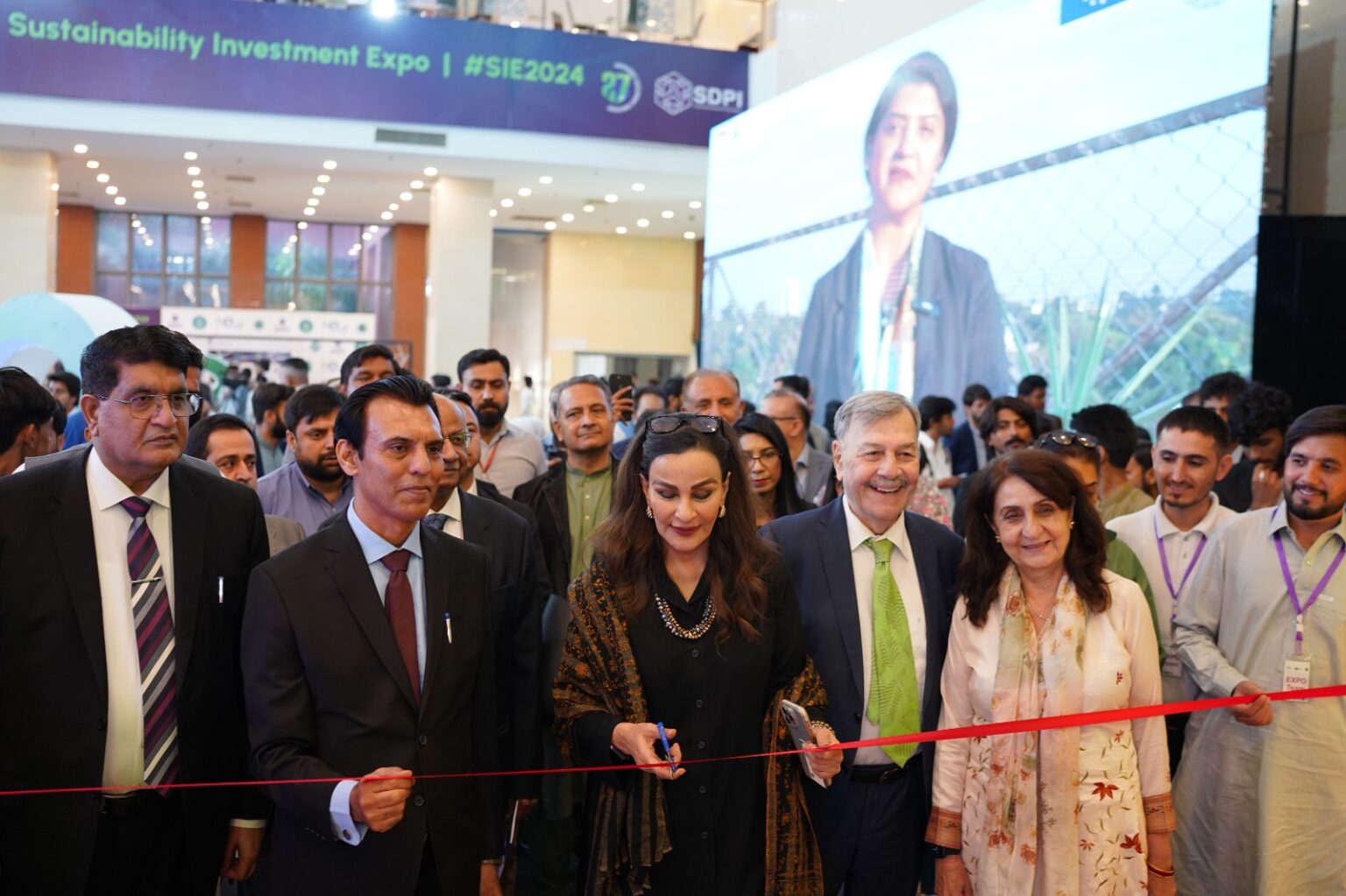Islamabad, Nov 4: Acting President and Senate Chairman Syed Yousuf Raza Gilani on Monday said Pakistan faced significant challenges from climate change, which were the main obstacles to achieving sustainable development.
He was speaking at the inaugural plenary of the 27th Sustainable Development Conference (SDC) organized by the Sustainable Development Policy Institute (SDPI) in collaboration with the Ministry of Climate Change.
The theme of this year’s conference is ‘From Fragility to Resilience: Enhancing Sustainable Development’.
Mr Gilani said the country had made commendable strides towards climate governance and sustainable development as the national climate and sustainable development policy outlined a comprehensive strategy to address resilience, mitigation, poverty alleviation, women empowerment, agriculture, water resources and energy efficiency.
He said tough economic decisions taken by the government had set the country on a path of economic stability.
Mr Gilani said Pakistan had been passing through a ‘Poly crisis’, and the immense struggle and sacrifices made by the countrymen and the weight of tough economic decisions borne by the government could not be overlooked.
Coordinator to the Prime Minister on Climate Change Romina Khurshid Alam said the impacts of climate change were devastating the ecosystems beyond repair, with extreme weather events and slow-onset disasters disrupting the lives of millions of people.
Ms Alam said smog across the border was causing loss of lives and spreading diseases, especially in Lahore.
She affirmed the government’s commitment to building resilience under the guidance of Prime Minister Shehbaz Sharif, highlighting the government’s efforts to combat plastic pollution as part of its broader waste management strategy.
SDPI Executive Director Dr Abid Qaiyum Suleri said the world, and Pakistan in particular, stood at a crossroads.
He said: “In recent years, we’ve endured immense trials: the Covid-19 pandemic halted global life, testing even the most advanced health systems.
Then, the Ukraine war disrupted energy supplies, raising costs and impacting economies worldwide, including Pakistan’s.”
She commended the SDPI for taking sustainability beyond a cliché and making it applicable and congratulated the winners of the Sustainability Awards.
Ms Rehman deplored lack of coverage by the mainstream media on climate emergency, stating that “media is treating climate as a disaster tool”.
She said media only focuses on climate change when a disaster occurs, primarily holding print media responsible because “they know better”.
In the end, Sherry Rehman inaugurated the 2nd Sustainability Investment Expo 2024.
In a high-level plenary titled ‘Legal Framework of Climate Finance’ Justice Jawad Hassan of the Lahore High Court said it was important to know what climate financing law was in Pakistan and what the legal framework Pakistan had offered.
He said local and international donors had raised three questions during the last COP28.
The questions were whether there was any legal framework financing law in Pakistan, how climate was financing protected in Pakistan, and third whether there was any dispute in it and how the courts would look into it.
He said Pakistan was the most deserving country for climate grants.
Justice Jawad Hassan emphasized the critical need for a comprehensive legal and regulatory framework to enhance climate finance initiatives in Pakistan, particularly in response to the severe impacts of climate change the country faces.
Market approaches permit countries to identify and enable the most cost-effective options to meet mitigation challenges, she added.
Syed Blunet Sohail proposed several options including incentives from the State Bank of Pakistan and Security Exchange Commission of Pakistan, tax incentives from the Federal Board of Revenue and inclusion of carbon credits in the export control list under the import and export control Act.
